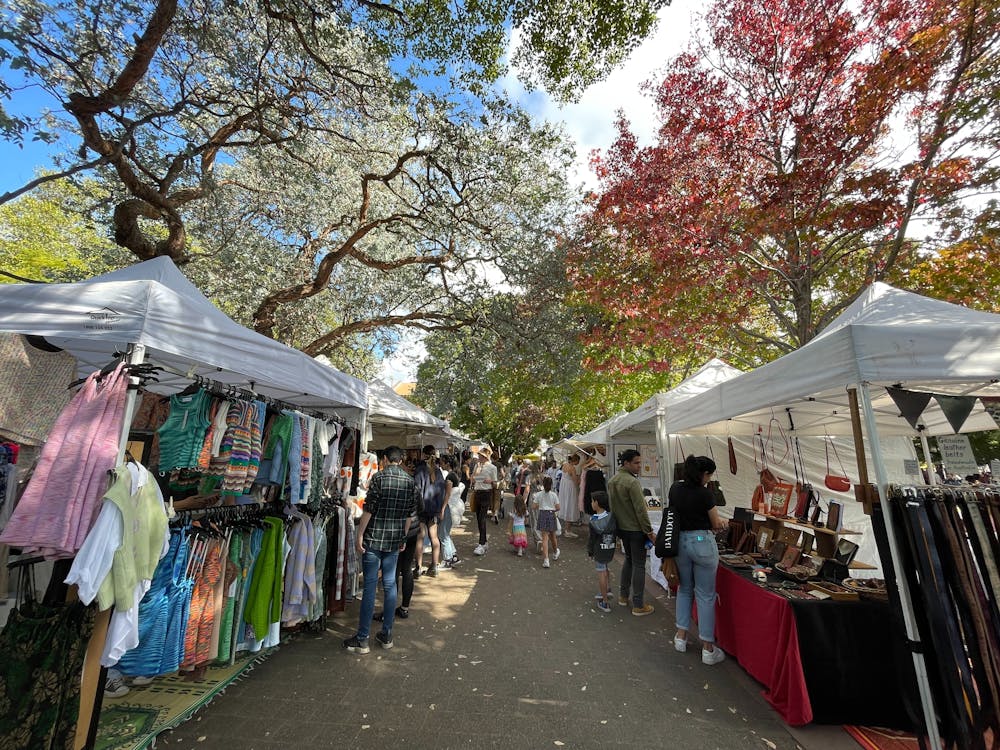Etsy is amazing. Shopify is spiffy. ArtFire is "on fire" (but not literally, since it's a website). Even though many crafters and professionals have one (or more) online marketplaces, it can be fun and lucrative to sell your awesome handmade items in a physical space. Here we take a look at some cool local options for increasing your sales and brand following.
Farmer's Markets
These are the "go-to" venues for selling locally made goods, since the people who shop farmer's markets are already interested in buying locally directly from the producers. Sure, many of the vendors there are selling food and edible products, but many markets welcome crafters with open arms. Even if your closest market isn't interested in selling handmade goods, the people who run it will most likely know of other local markets who might be looking to diversify their vendor pool. Either way, you're making great local connections.
Holiday Festivals
If you live in the US, you'll be pretty familiar with the Fall Festival or Harvest Festival, as well as Christmas Markets and Gift Fairs. These are large, seasonal markets that feature a wide array of vendors and attract big crowds. These typically weekend-long gatherings can be a great way to reach larger audiences (especially families) and make more sales during prime gift buying months. One catch: many of these events require that you pay a fee to host a booth. That being said, if you're are ready to make some small investments, these markets can pay big dividends.
Local Bazaars & Flea Markets
Not ready to commit to the costs involved with bigger markets? Local church or fund raising bazaars and flea markets offer great options for selling your goods IRL. It's important to consider what other vendors will be there, as well as the type of customer that type of marketplace will attract... are people there to find hidden gems, or the best bargains? Once you understand the selling environment, you can decide if you're a good fit.
Local Retailers
Here's where things start to get serious (in a good way!): if you're ready to take the "next step" and sell your handmade items at established stores, then consider reaching out to local shops and boutiques near you. This will be different than buying a booth at a specialty fair: do some research beforehand to make sure the shops you're contacting cater to the same customers you're trying to reach. When you're ready to talk to the owner or manager, make sure you find out everything you can about how they operate and what they're looking for in a vendor.
Craigslist, Instagram & Facebook Marketplace
Okay, you got us: these aren't technically local markets, but they do a really good job of connecting local artisans to local buyers, plus they are all free to join. Not only do you get the wide reach of a digital selling platform, but you also cut out the transportation, packing, unpacking, weather, rules, requirements, fees etc. that can come with selling in a physical market. One drawback? Make sure you can take and post great photos of everything you're selling, and can be available to meet your customers for order pick ups.
Have any great ideas that we missed, or want to share your best tips for selling locally? Let us know on Instagram, Twitter and Facebook!

